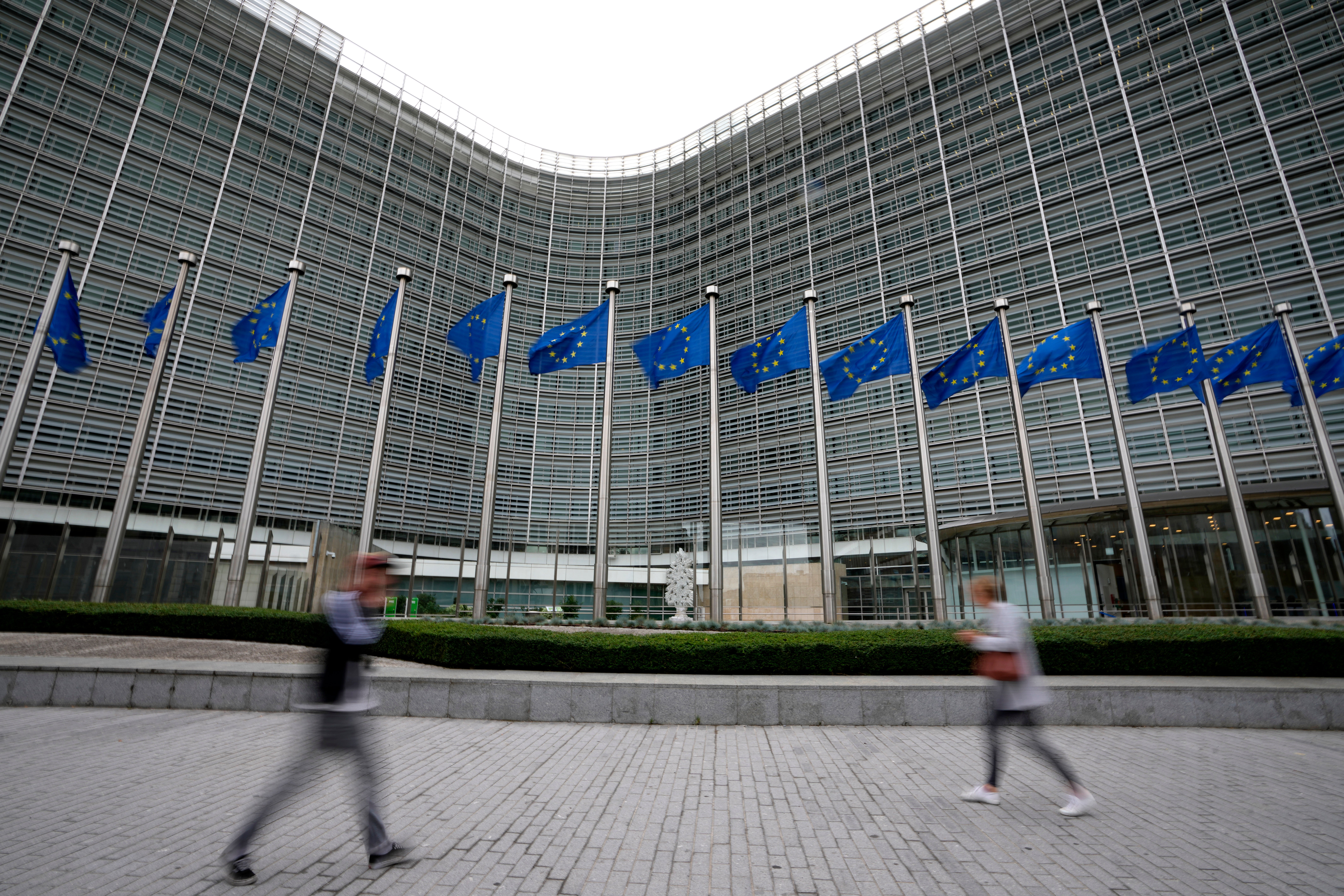EU offers to delay new deforestation rules after an outcry from governments and farmers
The European Union is offering to delay by a year the introduction of new rules that would outlaw the sale of products that come from forests

The European Union on Wednesday offered to delay by a year the introduction of new rules that would outlaw the sale of products that come from forests following an outcry from several governments claiming that it will damage trade and hurt small farmers.
The EU’s executive branch, the European Commission, said that “it would make the law applicable on 30 December 2025 for large companies and 30 June 2026 for micro- and small enterprises,” if the 27 member countries and the bloc’s parliament agree.
The deforestation regulation’s scope is wide, including things like cocoa, coffee, soy, cattle, palm oil, rubber, wood and products made from them.
Critics say it discriminates against countries with forest resources and would hurt their exports, while supporters insist that it will help save forests on a global scale. Deforestation is the second-biggest source of carbon emissions after fossil fuels.
In offering to delay the regulation by a year, the commission said that “several global partners have repeatedly expressed concerns about their state of preparedness,” most recently during the United Nations General Assembly in New York.
Officials from leading exporters of affected commodities — including Brazil, Indonesia and the Ivory Coast — fear the regulation could act as a trade barrier, hit small farmers and disrupt supply chains.
But even EU governments, including in Austria and Germany, have also sought to water the regulation down or delay its introduction.
The commission conceded that “the state of preparations amongst stakeholders in Europe is also uneven. While many expect to be ready in time, thanks to intensive preparations, others have expressed concerns.”
In addition to offering a delay, it published additional guidance to better clarify the rules for companies and to help national authorities enforce them. The commission encouraged EU member countries and the parliament to endorse the delay by the end of this year.
Bookmark popover
Removed from bookmarks